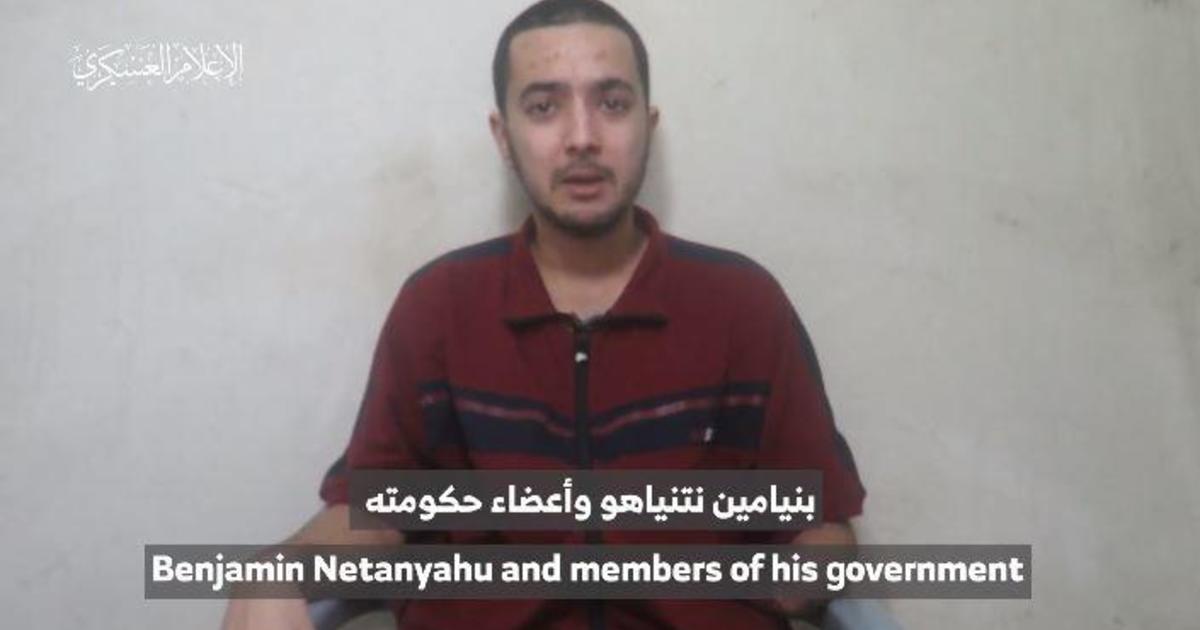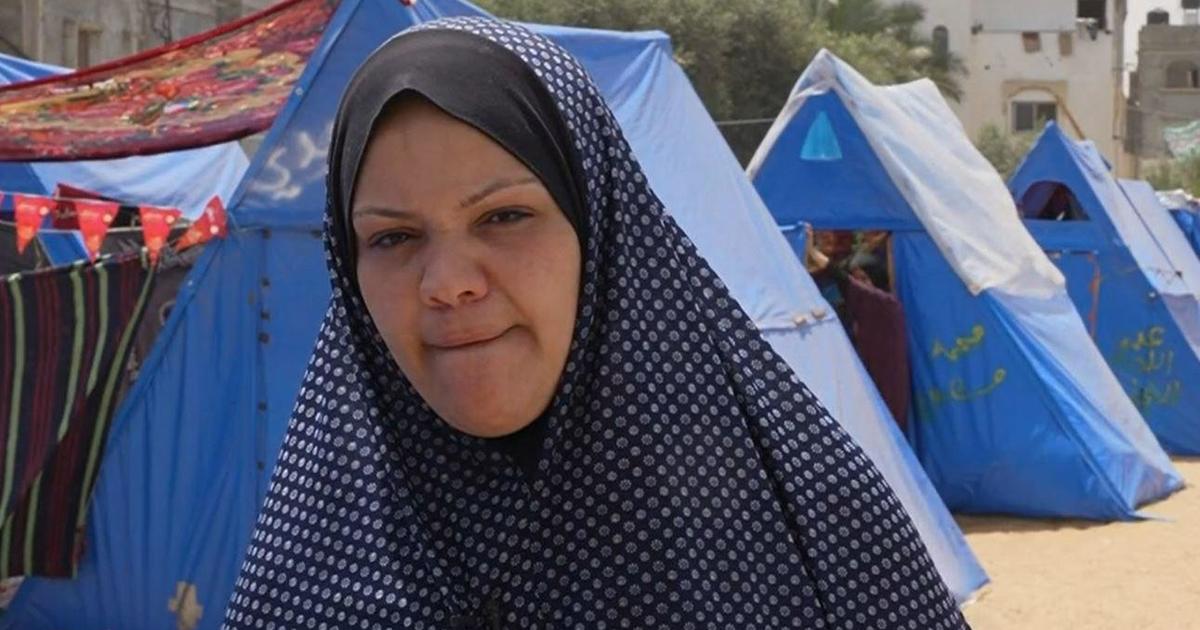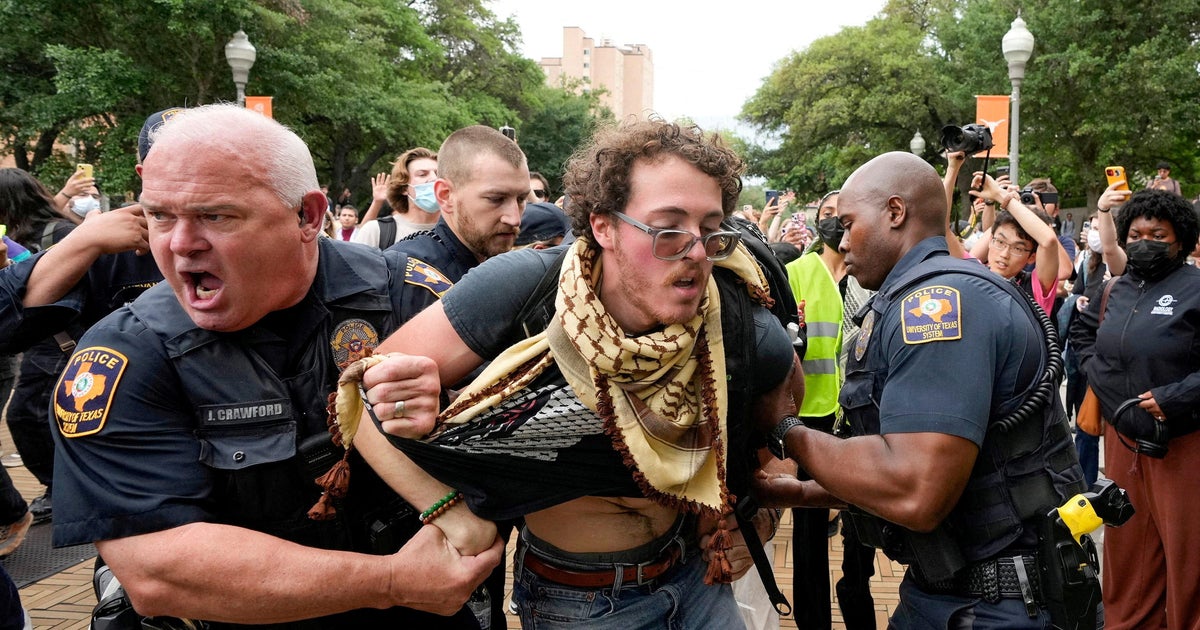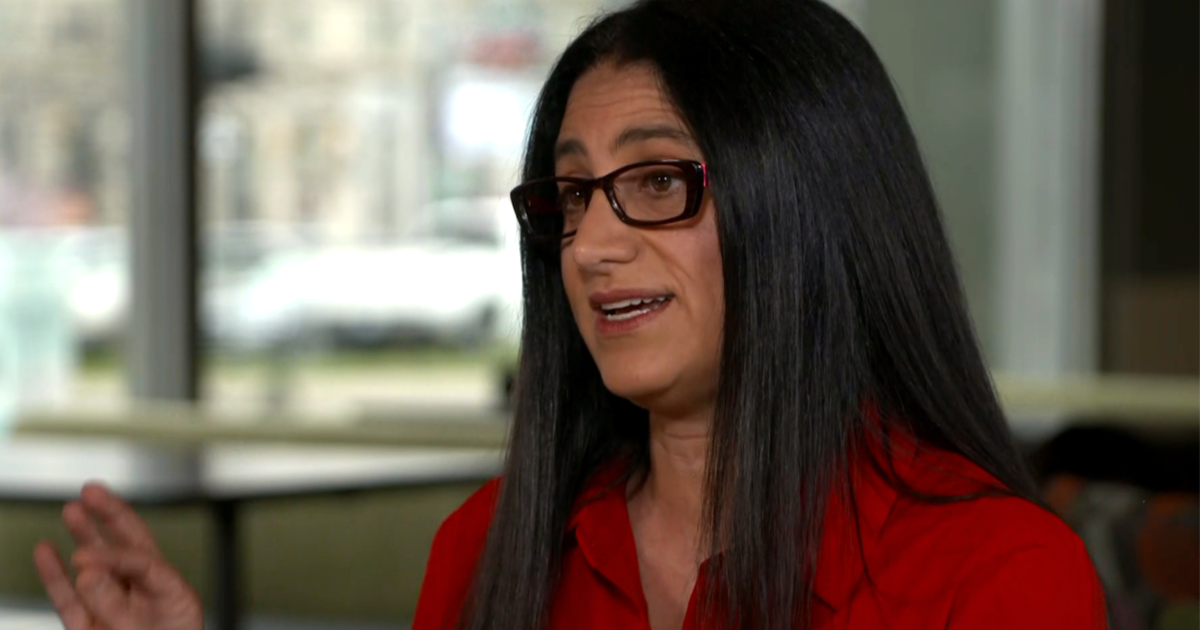Israelis advocate for hostages still held by Hamas in Gaza
For the last six weeks, Meirav Leshem Gonen has slept in a makeshift encampment in a Tel Aviv plaza. On the outside of her silver tent, she has hung one of her favorite photos of her daughter. Nearby, a clock with bright orange numbers keeps the only time that matters to Leshem Gonen: how long it has been since her daughter, Romi, was abducted by Hamas militants and taken to Gaza.
For now, the clock keeps ticking.
A temporary cease-fire agreement late last month facilitated the release of more than 100 hostages back to Israel, and although they were predominantly women and children, Romi was not among them. Now, Leshem Gonen has joined the families of some of the more than 100 hostages still believed to be in Gaza to keep attention on their loved ones. The group, known as the Hostages and Missing Families Forum, has committed to camping out until the hostages have returned home.
This encampment of families and supporters is now called "Hostages Square." It sits in front of the Tel Aviv Museum of Art and, more strategically, adjacent to the headquarters for the Israel Defense Forces. The families hope they can increase pressure on the Israeli government to facilitate the safe return of all the hostages amid Israel's intensive — and largely condemned — military campaign in Gaza.
Hearing the kidnapping
On Oct. 7, Leshem Gonen received an early morning phone call from her 23-year-old daughter, who was at a music festival in southern Israel. Hamas terrorists had surrounded the event grounds on motorcycles, trucks, and paragliders and were indiscriminately firing at the attendees.
"The phone call started with 'Mommy, I was shot. I am bleeding. And I think I'm going to die.' That was the first three sentences she said to me," Leshem Gonen told 60 Minutes correspondent Lesley Stahl.
For the next few hours, Leshem Gonen stayed in touch with her daughter, trying to keep her calm. She told Stahl she tried to contact the Israeli police and military for assistance, to no avail. The only way it seemed she could help her daughter was to be a soothing presence on the other end of the phone line.
"I understood that if she's going to die, I would just make sure that she knows how much we love her," Leshem Gonen said.
Eventually, she recalled, the sound of gunfire grew louder. Men were shouting, and Leshem Gonen could hear them opening the door to the car where Romi was hiding. "They're alive," she heard them say in Arabic. "So, take them."
Stories from captivity
Accounts of the freed Israeli hostages have painted a picture of the situation once Hamas took the hostages to Gaza.
"There's not a single one that did not undergo abuse, physical abuse the first days," said Itai Pessach, an Israeli doctor who treated many of the hostages who were returned last month.
Among the physical effects he observed on returned hostages, Pessach said he saw evidence of branding, lashes with electric wires, and sexual abuse.
Pessach said those who returned also told stories of psychological torture. Family members in captivity were repeatedly separated and reunited.
"Imagine a daughter and mother being torn apart, or a mother with one child and the other child is taken away and then brought back," Pessach said. "Just that would break anyone's spirit."
The pressure of now
In Israel, supporting the hostages and calling for their release has become a national focus and unifying objective. Shortly before the second group of hostages was freed from Gaza last month, some 100,000 people attended a rally at Hostages Square to mark 50 days since the Hamas attack.
The call to release the hostages grew more urgent last week after the Israeli military admitted to mistakenly killing three Israeli hostages in Gaza. Hundreds rallied in the streets of Tel Aviv near Hostages Square on Saturday, including freed hostages who demanded a deal for the hostages' release.
In her conversation with Stahl, Leshem Gonen said the accounts of the freed hostages adds to the pressure to save those still being held by Hamas.
"We don't know how many of them will stay alive," Leshem Gonen told Stahl. "It's important to understand that they don't have time."
The video above was produced by Brit McCandless Farmer and edited by Sarah Shafer Prediger.



